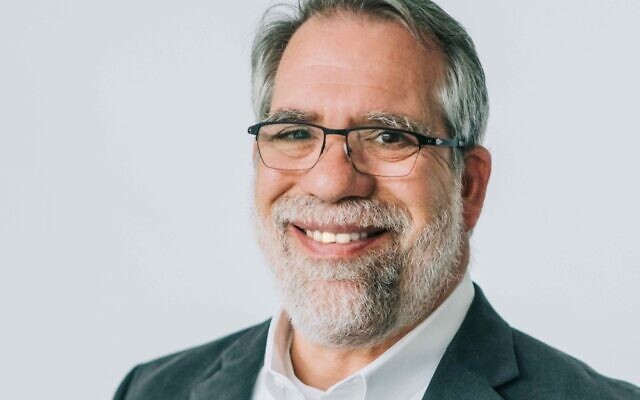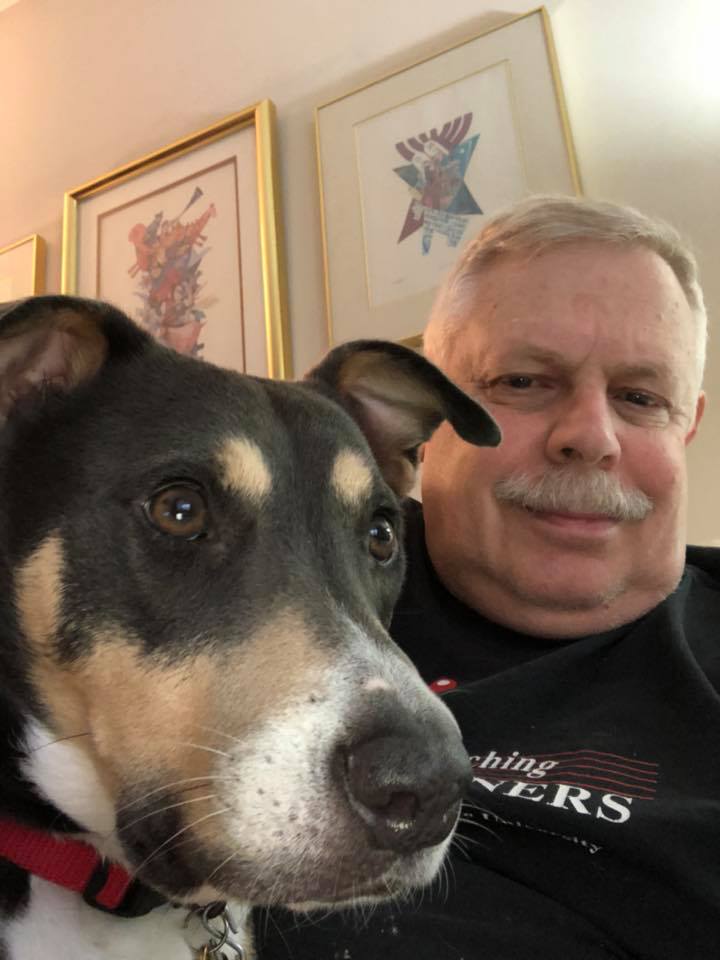JF&CS Shows Up During Mental Health Awareness
Mental health of at least half of Americans is affected by both the physical aspects of COVID-19 as well as the ‘shadow pandemic.’

This May was the 71st time Mental Health Awareness Month was observed in the United States. It came – and went – as the World Health Organization warned that a mental health crisis is approaching in the wake of the COVID-19 pandemic.
“The isolation, the fear, the uncertainty, the economic turmoil – they all cause or could cause psychological distress,” Devora Kestel, director of WHO’s mental health department, reported in a presentation to the United Nations. She said governments throughout the world should be prepared for an upsurge in the number and severity of mental illnesses. “The mental health and well-being of whole societies have been severely impacted by this crisis and are a priority to be addressed urgently,” she added.
“We’re just at the beginning of a mental health reaction related to COVID-19,” said Dan Arnold, director of clinical services at Jewish Family & Career Services of Atlanta. “What we know is that the reactions to COVID – depression, anxiety, grief and loss – are going to extend beyond the physical conditions of COVID-19.”
Arnold said that one survey of Americans showed nearly half reported that the pandemic had affected their mental health. “I would say it’s probably more than half. And the economic fallout has barely started,” he told the AJT. Studies after the recession of 2008 showed that for every 1 percentage point increase in the unemployment rate, there was a 1 1/2 percentage increase in the suicide rate, Arnold noted. He called it a “shadow pandemic.”
JF&CS is trying to get ahead of the curve by adding more telehealth support groups to help specific populations impacted by the pandemic. The agency had already transferred its existing in-person support groups, such as one for survivors of domestic violence, to online versions. “The non-COVID groups didn’t miss a beat,” he said, transitioning to Zoom the week after JF&CS’ building was closed in March. “We have added groups as we have heard from the community and identified ongoing needs.”
Among the new groups launched due to the pandemic are those for parents of preschoolers, parents of elementary age children, parents of tweens and teens, pregnant women, a teen girls group chat, college student group, family caregivers support group, and one for spouses/partners/significant others of those struggling with addition.
Arnold sees these groups as potentially preventative, providing space for people to talk about their experiences during the trauma of this pandemic. “We may ideally head off more intense reactions.”
All of the new support groups are free to the public, unlike the pre-existing ones that have a nominal fee. Also different is that individuals don’t have to commit to attendance at the Zoom meetings; they can come and go as needed. Participants in the pre-pandemic therapy groups had to commit to attend. Membership was defined, Arnold explained, unlike with the new groups that have a “more fluid membership.”
The “closed membership folks develop long-standing trust and intimacy with each other and are able to go more in-depth and really establish relationships,” Arnold said. “In the open membership groups, participants are presenting around the same issue; there’s a commonality. They are there for the same purpose so they relate more quickly because of that common purpose. They realize that they are not the only one experiencing their feelings.” Individuals don’t have to totally explain what they’re feeling to the others.
For all these groups, there are therapists who facilitate the discussion. JF&CS has been able to accommodate the new groups with existing staff, with the exception of adding one member.
According to Arnold, the groups are neither too large nor too small. “We want enough membership so folks have a community to learn from, but small enough so people can be heard and contribute. Some people just want to listen or want to build self-confidence to speak for themselves.
“We’re developing an effective telehealth model” from this experience, Arnold said. “I’m convinced some of these [new] groups will morph from COVID groups to topic-related groups, such as parenting.”
One limitation to the telehealth model, JF&CS has discovered, is for the participants to find private space in their homes where everyone is sheltered in place together. On the other hand, Arnold said his agency has realized that in some ways, the telehealth method makes it easier for people to participate. They don’t have to travel to and from JF&CS and they don’t have to get childcare. “We’ll learn from this.”

One Atlanta man who has experienced mental health support groups both before and since the COVID pandemic is Robert Gray, who is publishing a memoir that focuses on his battles with depression. He said that his therapy support groups have moved from in-person weekly meetings to virtual groups that meet twice a week. He told the AJT that people are experiencing increased anxiety and uncertainty and more stress. “We don’t know when this is going to end.”
His suggestions to others experiencing the additional mental health challenges brought on by COVID-19 include establishing daily routines, setting small goals for oneself, staying away from the media and focusing on what you can control.
Going forward into what is now a vast unknown, as the country and economy start opening up again, Arnold said JF&CS knows it needs to make sure its services are available to people and “that we have the resources in the community. We need to be thinking about affordability and cost limitations. We’re committed to serving the community in the way the community needs.”



comments